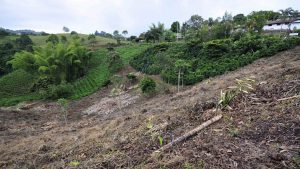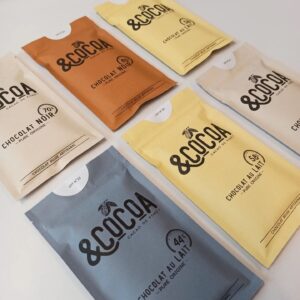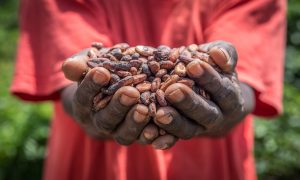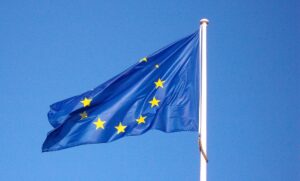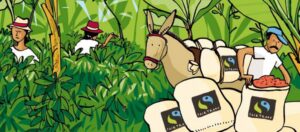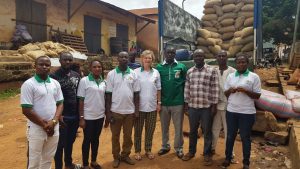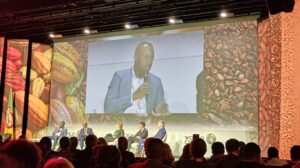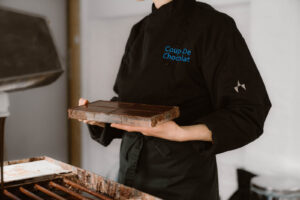
Call for applications: new sustainability and decent work coaching programme for BSOs
Through a coaching programme, TDC aims to strengthen the capacity of African Business Support Organisations (BSOs) to support enterprises and producer organisations in sustainability and decent work. Interested BSOs have until 16 September to submit their application.

